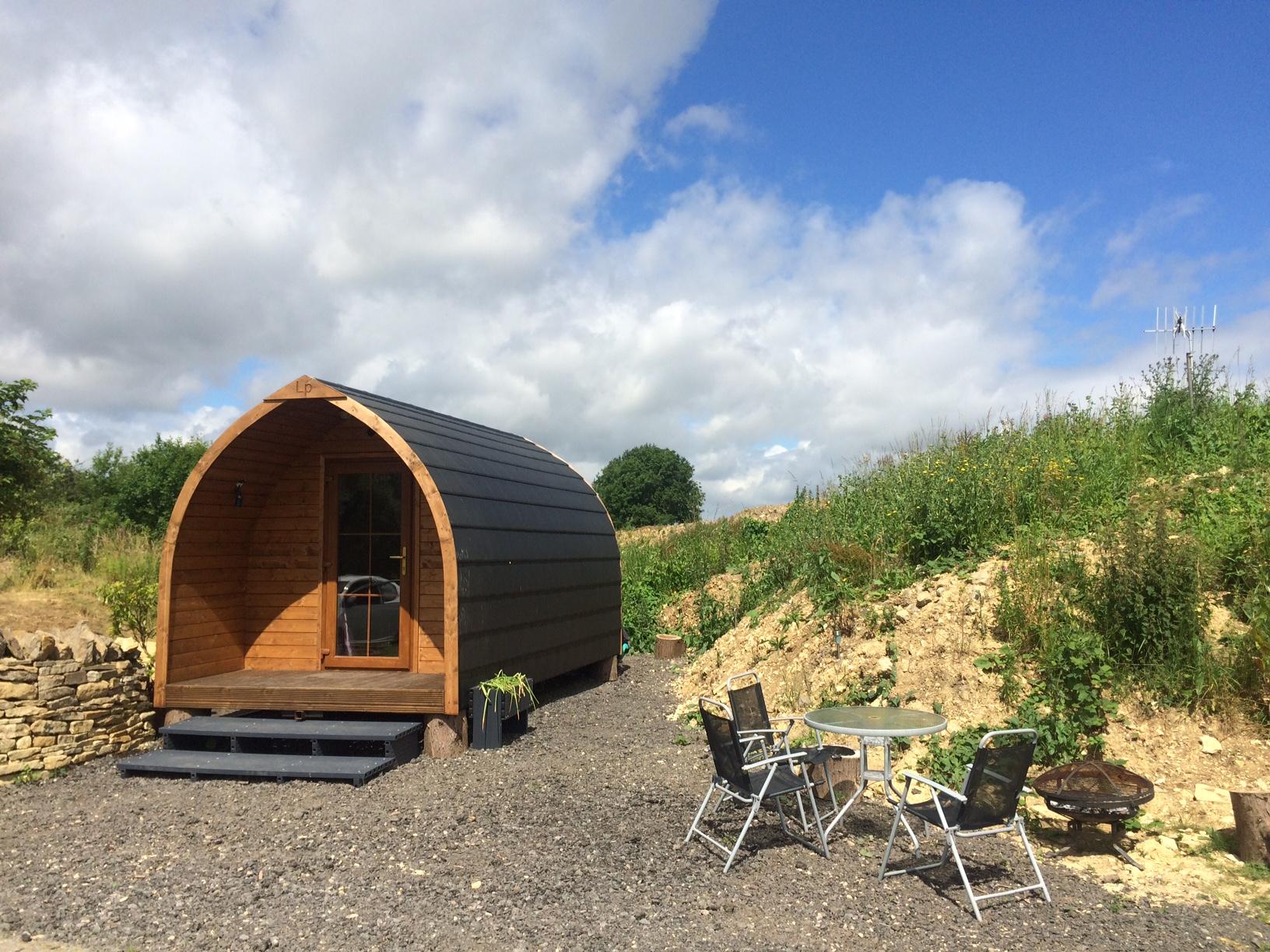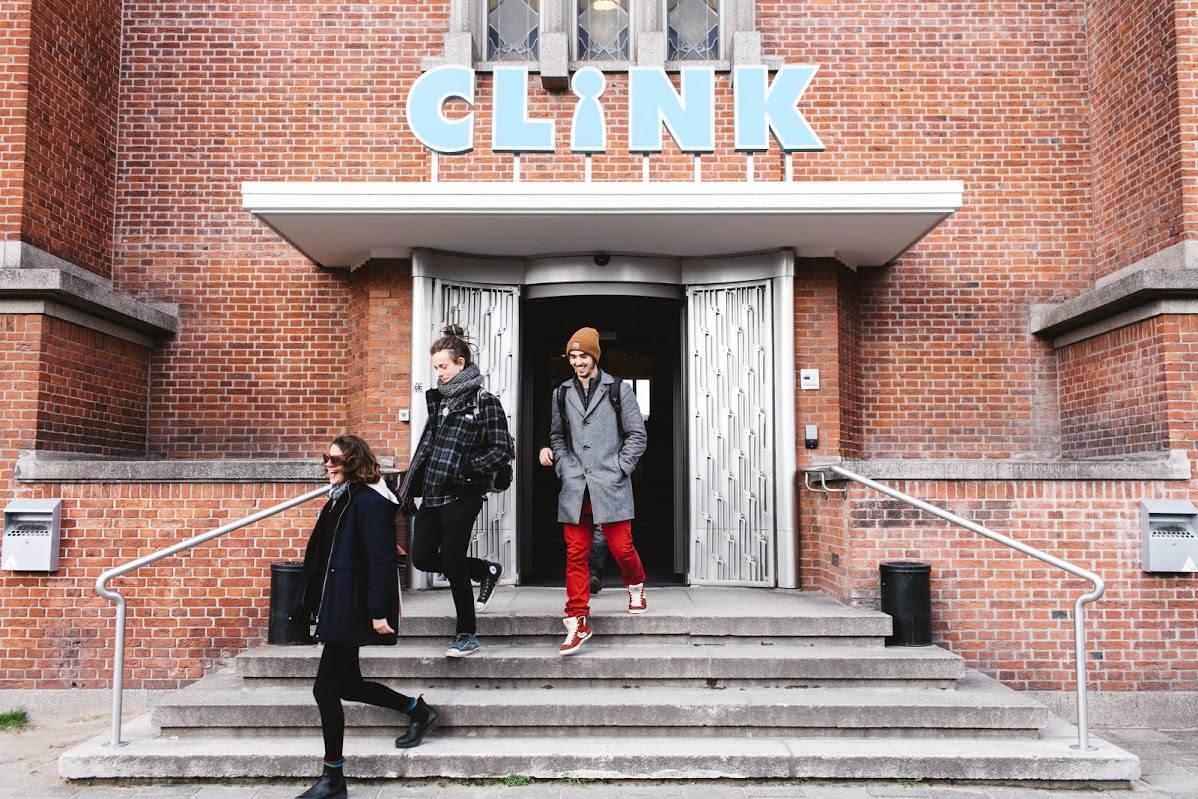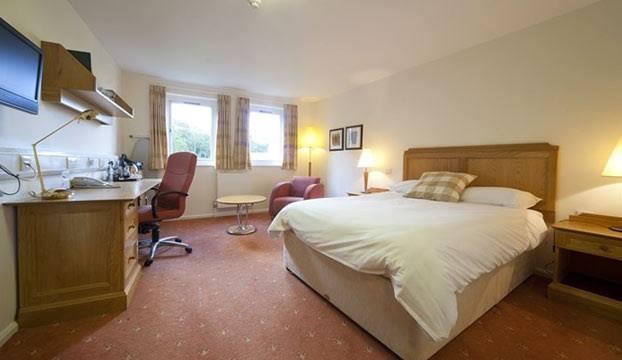The Independent's journalism is supported by our readers. When you purchase through links on our site, we may earn commission.
How to travel cheaply: save money on hotels and accommodation all over the world with these top tips
In the second of our three-part series, we bring you the best ways to keep your break on budget

Call me controversial, but if you don’t want to blow your entire holiday budget on a place to rest your head, you have to forget about hotels. (As with every rule, there are a couple of exceptions. I’ll get to them.)
This isn’t as great a loss as you might think. Okay, hotels can be very nice indeed, but having stayed in a lot of them, I can confirm they all essentially offer the same thing (bed, bathroom, Nespresso machine), and frankly I’d rather spend my cash on seeing the destination. Plus, looking beyond hotels will more often than not add to your experience.

Camp without canvas
Airbnb might seem an obvious suggestion, but it can come through for you in surprising ways. Exhibit A: a recent trip I took to the Cotswolds. Scrolling through a list of unaffordable cottages, I stumbled upon a four-berth “eco pod”, on a campsite near top Cotswolds spot Bourton-on-the-Water, at £50 per night. When we arrived, my friends and I were pleasantly surprised by the flat-screen TV and cute makeshift kitchen within said pod, plus a key to our own private bathroom/shower block – all at a cost of just £12.50 each.
Campsites, then, can be fruitful even for the canvas-averse, often offering cheap alternatives like lodges and static caravans. See, for example, Camping Begur on the Costa Brava, where two of you can bed down in a wooden cabin from €46 per night.

Not all dingy dorms
Most people over the age of 21 will shudder at the word “hostel”, remembering the fungi-covered bathrooms and next-door bunk nocturnal fumblings of their youth – but even this much-maligned category is cleaning up its act. As well as the new crop of “posh hostels” – the likes of Generator and Clink – most hostels these days offer at least a few double rooms at decent prices. I once stayed in a lovely private en suite at Beijing Downtown Backpackers, set on one of the city’s most charming hutongs, for a very reasonable £27 per night. Hostelbookers and Hostelworld are reliable resources.

Old dogs, new tricks
Fancy a local guide into the bargain? Couchsurfing has been updated for the Airbnb generation so that now, instead of taking a punt on any old random, the hosts at couchsurfing.com have detailed profiles and are reviewed and rated by their guests. Et voila: kipping on a stranger’s couch for free feels much safer. Getting insider tips is a major bonus of couchsurfing or sharing economy sites like Airbnb and 9 Flats – without them, I wouldn’t have known where to find the best okonomiyaki in Hiroshima, or the underground psychedelic mini-golf course in Berlin (many years before it was a thing in London).
And channelling your student past can pay off in other ways. University accommodation makes for a cheap self-catering option in centrally located digs, everywhere from classics like Oxford and Cambridge to Paris and Valencia. Best of all, they tend to be available in the summer holidays when all the students have gone home and hotel prices are at their peak. Website universityrooms.com offers 400 student residences across 75 cities.

Homestays and farmstays might sound a bit backpackery, but they’re solid budget staples and will get you involved with the local community, too.
Hotel hacks
If you absolutely must stay in a hotel, there are a few neat little tricks that can help. Deals website lastminute.com has a “Top Secret Hotels” function that rewards the brave with 35% off. Why brave? You choose the dates, approximate location and star rating, but the name of the hotel remains a secret until after you’ve booked.
Flying-by-the-seat-of-their-pants types might also like the HotelTonight app, which offers last-minute rates on unsold rooms in major US cities.
Or you could be terribly un-British and brazenly ask for a deal. After all, the very worst outcome is that they’ll say no. Our very own Simon Calder tried this tactic at a hotel in Paris recently and snagged a 30% discount from the online price, paying just €70. I did the same in Vietnam once and got an (above-board) massage into the bargain.

Any roof will do
If you’re not particularly fussy and dead-set on scrimping, don’t forget sleeper buses and trains get you to where you’re going and save on a night’s lodging. Be choosy about the countries and companies you do this in/with. Higher tier train tickets get you good cabins most places. Argentina and Brazil’s Crucero Del Norte sleeper buses are spectacular (steak dinners, lie-flat seats, personal TV screens). Overnight buses in China and Southeast Asia tend to be less so.
Too tight to even pay for a campsite? We salute you. For dirt-cheap rates (from around €5 per person), head to campinmygarden.com.
Join our commenting forum
Join thought-provoking conversations, follow other Independent readers and see their replies
Comments
Bookmark popover
Removed from bookmarks